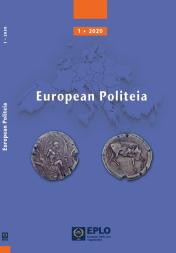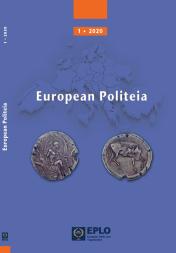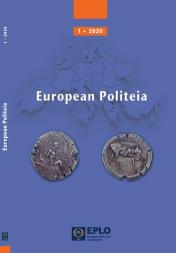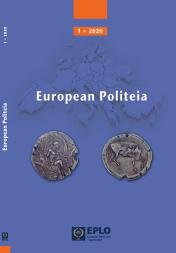
Precarious, Low-Status Labor,
Broken Families and Communities,
Shattered Networks of Solidarity and Collectivity,
Racial and Class Inequalities, and
Ethnic and Gendered Division of Labor:
Migrant Filipina Live-in Domestic Workers and Palestinian Refugee Unskilled Manual Laborers
in Greece in Times of Crisis
Department of Social Work, Technological Educational Institute of Athens, Greece
Focusing on results of in-depth interviews, this article examines the cases of female migrant live-in domestic workers from the Philippines and male refugee manual laborers from Palestine and on how the frame of their work and employment in precarious, low-status/low-wage jobs, in the context of migration, affects their participation in primary and secondary solidarity groups i.e. family and community during the economic crisis in Greece. The analysis examines what perceptions and practices migrant Filipina live-in domestic workers and Palestinian refugee unskilled manual laborers have developed towards collectivity and solidarity. Immigrants and refugees are entrapped in a context of modern slavery and bonded labor conditions, that of domestic work and hard unskilled manual labor. Within this context, migrants are isolated, alienated from family and community networks of support and solidarity. Most of the interviewees function in an atomistic manner, they are isolated from their compatriots and confront their social and work-related problems alone.





















